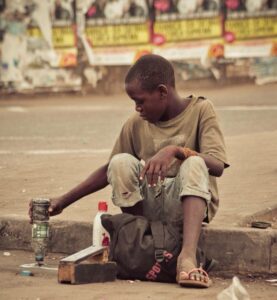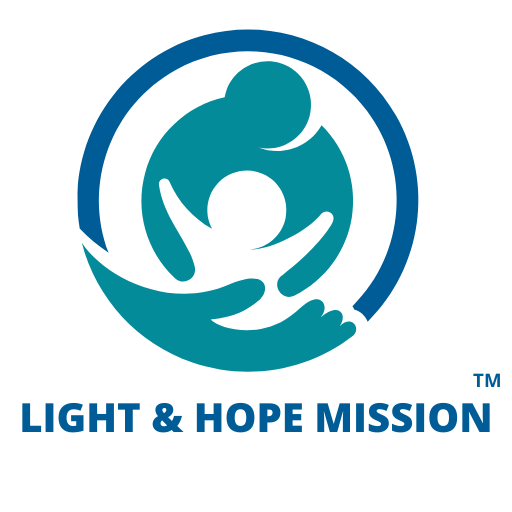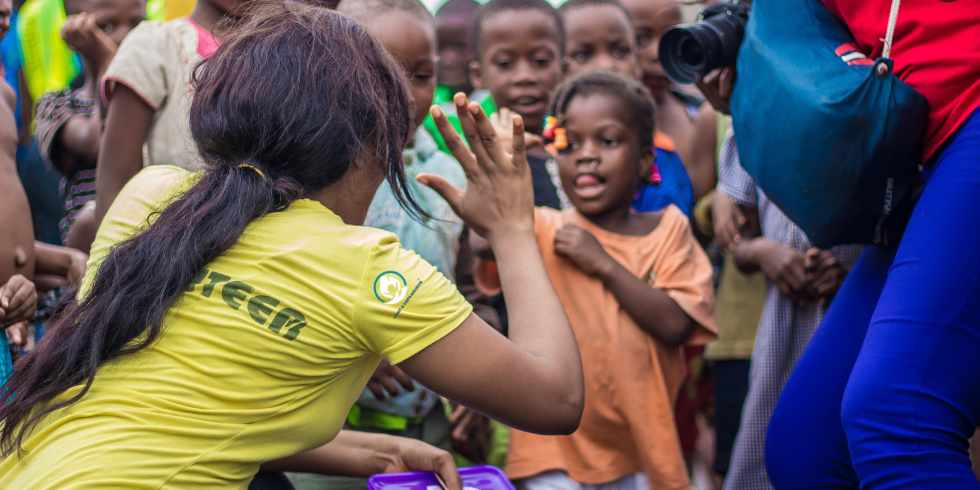The Challenges of Orphanhood in Sub-Saharan Africa
Orphanhood is a profound and pressing issue in Sub-Saharan Africa, where millions of children face unimaginable hardships every day. This region, often marked by poverty, disease, and conflict, has one of the highest rates of orphanhood in the world. Understanding the specific challenges these orphans face is crucial to developing effective interventions that can transform their lives and give them hope for a better future.
The Scope of the Crisis
Sub-Saharan Africa is home to over 56 million orphans, a staggering number that highlights the severity of the situation. Many of these children have lost one or both parents to HIV/AIDS, a disease that continues to devastate communities despite global efforts to combat it. Other contributing factors include malaria, tuberculosis, malnutrition, and armed conflicts that leave children without the care and protection of their families.
In countries like South Africa, Nigeria, and Uganda, the number of orphans is particularly high, with over 10% of children under the age of 18 having lost one or both parents. This crisis is exacerbated by the region’s high poverty rates, which limit the ability of extended families and communities to care for these vulnerable children.

Specific Challenges Faced by Orphans
1. Lack of Basic Needs
- Orphans in Sub-Saharan Africa often struggle to access basic necessities such as food, clean water, shelter, and clothing. Many are forced to live in overcrowded orphanages or on the streets, where they are exposed to harsh conditions and the constant threat of exploitation.
2. Education Barriers
- Education is a critical tool for breaking the cycle of poverty, but many orphans are denied this opportunity. Without parents to support them, these children often lack the financial resources to attend school. In some cases, they must work to survive, further limiting their chances of getting an education.

3. Psychological Trauma
- The loss of parents and the subsequent instability can have a devastating impact on a child’s mental health. Orphans often experience deep emotional trauma, including feelings of abandonment, grief, and fear. This psychological burden can hinder their development and make it difficult for them to form healthy relationships in the future.
4. Social Stigma and Discrimination
- In many communities, orphans face social stigma and discrimination. They may be viewed as a burden or treated as outcasts, particularly if their parents died of AIDS. This exclusion can lead to further isolation and a lack of support, making it even more difficult for orphans to overcome their circumstances.
5. Vulnerability to Exploitation and Abuse
- Orphans are particularly vulnerable to exploitation and abuse. Without the protection of their parents, they may fall victim to human trafficking, forced labor, or sexual exploitation. The lack of a stable home environment also increases the risk of child marriage and other forms of abuse.
Targeted Interventions: How We Can Help
Addressing the challenges faced by orphans in Sub-Saharan Africa requires a multi-faceted approach that includes both immediate and long-term interventions.
1. Providing Basic Needs
- Organizations like Light and Hope Mission are working to ensure that orphans have access to the essentials they need to survive and thrive. This includes providing food, clean water, shelter, and clothing through targeted aid programs and partnerships with local communities.
2. Supporting Education
- Education is a key focus of our interventions. We work to provide scholarships, school supplies, and other resources that enable orphans to attend school and receive the education they deserve. By investing in their education, we are helping to break the cycle of poverty and giving these children the tools they need to build a better future.
3. Offering Psychological Support
- We recognize the importance of addressing the emotional and psychological needs of orphans. Our programs include counseling and support services that help children cope with their trauma and build resilience. We also provide safe spaces where they can express their feelings and receive the care and attention they need.
4. Advocating for Orphans’ Rights
- Advocacy is a critical component of our work. We strive to raise awareness about the plight of orphans in Sub-Saharan Africa and advocate for policies and practices that protect their rights. This includes working with governments, communities, and other organizations to ensure that orphans are not only protected but also given the opportunity to succeed.
5. Empowering Communities
- We believe that empowering communities is key to sustaining our efforts. By working with local leaders, caregivers, and families, we help build the capacity to care for orphans in a sustainable and culturally appropriate manner. This includes providing training, resources, and support to foster homes and community-based organizations.
The challenges faced by orphans in Sub-Saharan Africa are immense, but they are not insurmountable. With targeted interventions and a commitment to compassion and justice, we can make a significant difference in the lives of these vulnerable children. At Light and Hope Mission, we are dedicated to standing with orphans, providing them with the support they need, and advocating for a world where every child has the opportunity to thrive.

